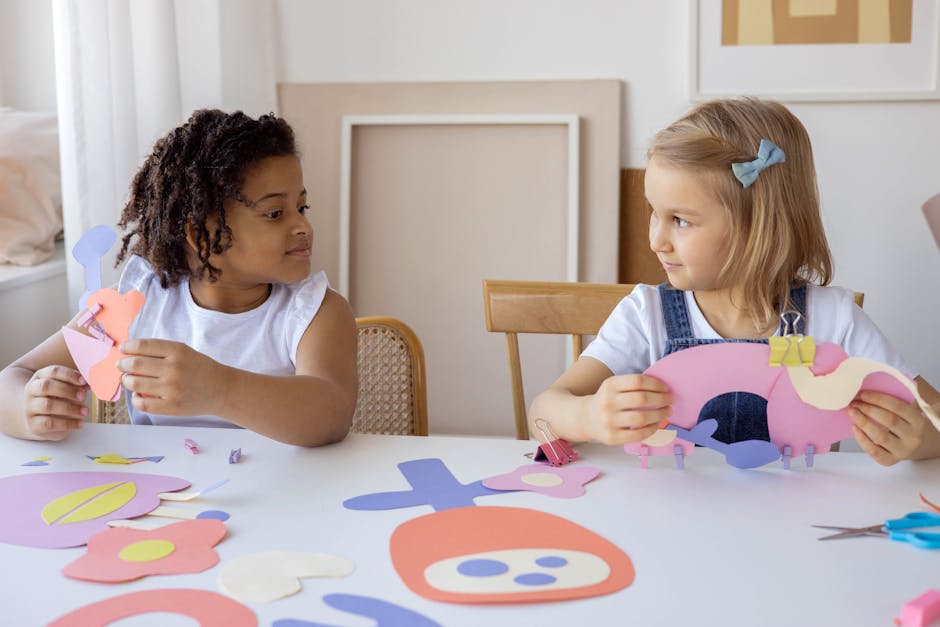
Harnessing the Power of Oxytocin to Enhance Artistic Expression
Artistic expression is a fundamental aspect of human culture, allowing individuals to convey their emotions and experiences through various forms of art. From painting and sculpting to music and dance, art has the power to inspire and move us in profound ways.
Recent scientific studies have suggested that oxytocin, often referred to as the 'love hormone', may play a significant role in enhancing artistic expression. Oxytocin is a naturally occurring hormone in the human body that is primarily associated with social bonding, trust, and positive emotions.
Research has shown that oxytocin can increase feelings of empathy and compassion, which are crucial components of artistic creation. When an artist experiences high levels of oxytocin, they are more likely to connect deeply with their subject matter and evoke a strong emotional response from their audience.
Furthermore, oxytocin has been found to enhance the brain's reward system, increasing the pleasure and satisfaction derived from creative endeavors. This can lead to greater motivation and perseverance in the artistic process, allowing artists to push through challenges and reach new heights of creativity.
So how can one harness the power of oxytocin to enhance their artistic expression? While oxytocin naturally fluctuates in response to various social and environmental factors, there are a few strategies you can try:
- Engage in activities that promote social bonding, such as spending time with loved ones, participating in group art classes, or joining artistic communities.
- Practice mindfulness and self-care to reduce stress levels, as oxytocin release is inhibited by high levels of anxiety.
- Explore the use of oxytocin supplements or nasal sprays, under the guidance of a healthcare professional. However, it's essential to approach these options with caution and consult an expert.
Ultimately, enhancing artistic expression is a multifaceted process that involves a combination of passion, practice, and understanding the neurological underpinnings of creativity. While oxytocin may offer exciting possibilities for augmenting artistic abilities, it's crucial to remember that artistry comes from within and cannot solely rely on external factors.
